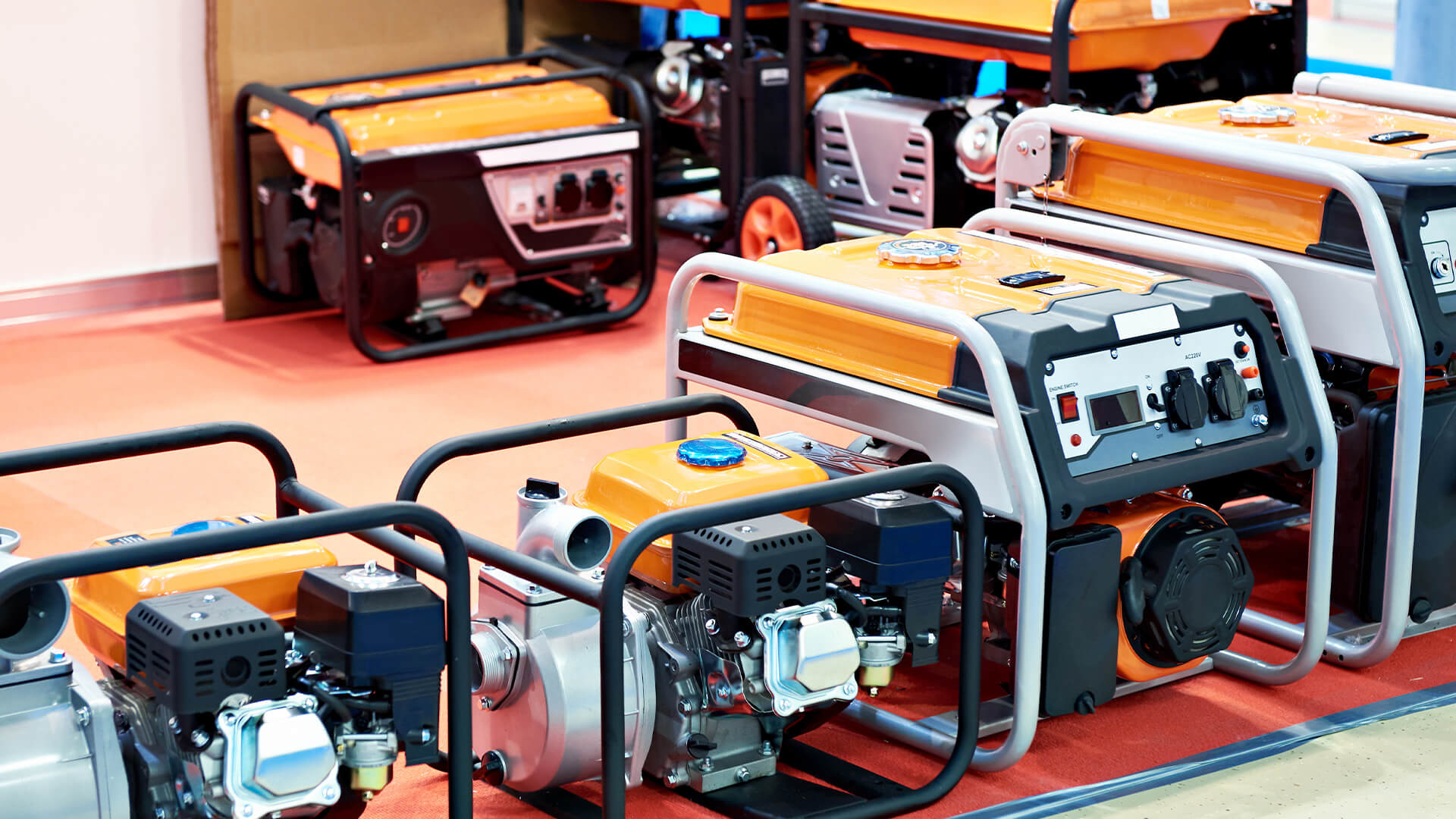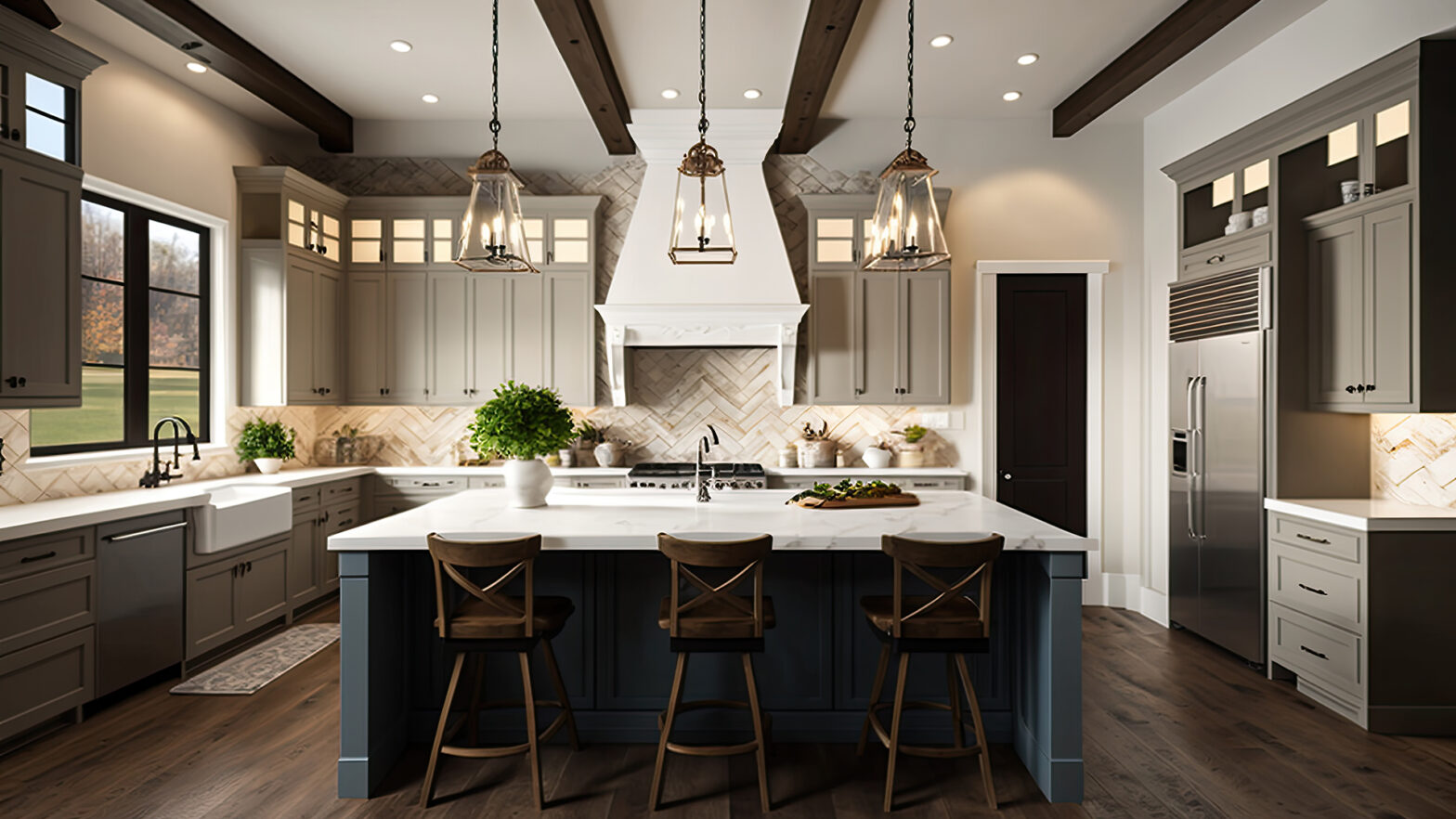Generators are a lifesaver during an emergency. They can provide power for lights, appliances, and even medical equipment. But with all of the different types of generators on the market, how do you choose the one that’s right for you? In this blog post, we will discuss the different types of generators and help you decide which one is best for your needs.
The different types of generators can be classified into three main categories: portable generators, standby generators, and backup generators.
1. Portable generators
Portable generators are the most common type of generator. They are small and can be easily transported. Portable generators can be used for a variety of purposes, such as camping, tailgating, and power tools and appliances during a power outage.
When choosing a portable generator, you need to consider the wattage required to run your desired appliances or equipment. The pros behind generatormag.com offer various reviews that can help you when choosing a portable generator so make sure you check all the available resources before making a decision. You will also need to decide whether you want a gas, propane, or solar-powered generator.
Portable generators are a great option for those who need power on the go or during a power outage. But because they are small and easily transported, they can also be stolen. Be sure to keep your portable generator in a secure location when not in use.
2. Standby generators
Standby generators are larger than portable generators and are usually installed permanently. They are powered by natural gas or propane and start automatically when the power goes out. Standby generators can run for days without refueling and can provide power to your entire home or business.
When choosing a standby generator, you need to consider the wattage required to run your desired appliances or equipment. You will also need to decide whether you want a gas, propane, or solar-powered generator.
Standby generators are a great option for those who want power during a prolonged power outage. But because they are permanently installed, they can be more expensive than portable generators. Be sure to have your standby generator professionally installed to ensure it is done correctly. For instance, the wiring for a standby generator must be installed by a licensed electrician.
Don’t forget that all generators need proper maintenance, but standby generators require more frequent servicing than portable or backup generators.
3. Backup generators
Backup generators are similar to standby generators but are usually smaller and less expensive. They are powered by natural gas or propane and start automatically when the power goes out. Backup generators can run for hours without refueling and can provide power to selected appliances or equipment.
When choosing a backup generator, you need to consider the wattage required to run your desired appliances or equipment. You will also need to decide whether you want a gas, propane, or solar-powered generator.
Backup generators are a great option for those who want power during a brief power outage. But because they are less expensive than standby generators, they may not have all the features and may not be able to power your entire home or business. Be sure to read the reviews before purchasing a backup generator to make sure it will meet your needs.
No matter which type of generator you choose, be sure to read the reviews and compare the features before making a purchase. And always consult with a professional if you have any questions or concerns about choosing or using a generator.
How to know which one is best for you?
Think of the main reasons why you need it and ask yourself these questions:
- Do you need it for occasional power outages or do you live in an area with frequent blackouts?
- Do you want to be able to power your entire home or just a few select appliances?
- How much can you afford to spend on a generator?
Once you’ve answered these questions, you can start to narrow down your options and choose the best generator for your needs.
The Main benefits of generators:
- They provide power during blackouts.
- They can be used to power select appliances or your entire home.
- They are available in a variety of sizes and price points.
- Some generators can run on multiple fuel sources, making them more versatile.
- Generators can be used for recreational purposes, such as camping or tailgating.
Now that you know more about the different types of generators, you can begin to decide which one is right for you. If you still have questions or concerns, be sure to consult with a professional before making your final decision. Thanks for reading!































